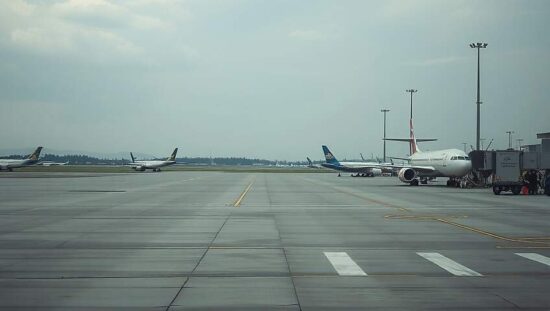Lufthansa Airlines’ CEO Jens Ritter has cautioned that the company may be forced to discontinue further flight routes from German airports due to rising operational costs. In an interview with Funke-Mediengruppe newspapers, Ritter stated that a list of airports under review for potential route reductions is extensive and includes locations like Bremen, Dresden, Cologne, Leipzig, Münster, Nuremberg and Stuttgart.
The warning comes amid disappointment regarding unfulfilled promises from the German coalition government. The government’s initial coalition agreement included pledges to reduce aviation-specific taxes, fees and charges, as well as to repeal increases in the air travel tax. However, the most recent budget draft for 2026 makes no provision for such relief.
According to Lufthansa, operational costs have continued to rise since the beginning of the year. Specifically, landing and take-off fees have increased by 40 percent and air traffic control fees by 25 percent.
Ritter described the rising costs as a “negative development” arguing that they are compromising the connection of vital German economic centers to international markets. He is calling for swift political action to reverse the trend, specifically advocating for reductions in the costs associated with air traffic control and aviation security, requiring greater state involvement. Furthermore, Ritter insists on a reduction in the air travel tax.
Christoph Ploß, the German government’s Tourism Coordinator (CDU), has voiced support for Lufthansa’s position, emphasizing the need to make Germany a more attractive aviation hub. He warned that if airlines shift flights to neighboring countries due to unfavorable economics in Germany, decisive intervention is required. He reiterated the importance of lowering the air travel tax to bolster Germany’s economic competitiveness, referencing the commitment outlined in the coalition agreement.
Lufthansa data indicate that Germany lags behind in the recovery of air travel following the COVID-19 pandemic, ranking 28th out of 31 European countries. The number of flights between German cities remains stagnant at approximately 20 percent of 2019 levels. When feeder flights to the Frankfurt and Munich hubs are factored in, the overall flight offering has been halved since 2019.





